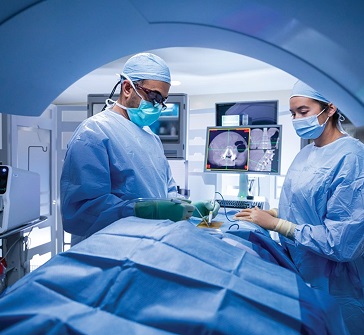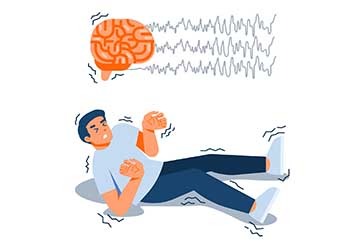 Book Appt.
Book Appt.
 Call Now
Call Now


Meningitis is a serious medical condition characterized by inflammation of the meninges, which are the protective membranes surrounding the brain and spinal cord. It can be caused by various infectious agents, including bacteria, viruses, fungi, and, in rare cases, parasites. Meningitis can lead to severe complications if not promptly diagnosed and treated.
Causes of Meningitis:
Symptoms of Meningitis:
The symptoms of meningitis can vary depending on the cause and the individual. Common signs include:
Diagnosis of Meningitis:
Treatment of Meningitis:
Prevention of Meningitis:
In conclusion, meningitis is a serious medical condition that requires prompt diagnosis and treatment. Awareness of the symptoms, seeking immediate medical attention, and preventive measures like vaccination are essential in managing and reducing the incidence of this potentially life-threatening condition.
SHALBY Sanar International Hospitals provides extensive medical procedures backed up with our state-of-the-art technology and a team of highly qualified & experienced clinical experts.

Patient from Iraq gets treated by Dr. Harnarayan Singh | SHALBY Sanar International Hospitals

15 year old Patient from Liberia gets treated by Dr Harnarayan Singh | Neurosurgery & Spine Surgery

Mrs. Khalida Khaleel from Iraq Overcomes Degenerative Disc & Grade 1 Spondylolisthesis

Successful Treatment of a Patient from Uzbekistan for Degenerative Disc Disease and Back Syndrome

Surviving Stroke: Bipasha Banerjee's Testimony on Timely Intervention

Successful Intraoperation Neuro Monitoring on patient Hasan from Iraq

Successful removal of Glioma using advanced machines

A multidisciplinary care worked wonders for Ms. Akhtamova from Tajikistan

Treatment for Brain Aneurysm - Al Qumairi Saeed Mohsen Awadh from Yemen
Our doctors pen down their research findings and experiences from time to time. Their words provide deep insight into the latest techniques, technologies and other advancements in healthcare. It provides expert answers to all kinds of health questions for real-life issues.
VIEW ALL




Since the day of its foundation, SHALBY Sanar International Hospitals is committed to provide comprehensive healthcare services. It regularly organizes awareness programs in its premises and encourages outdoor healthcare activities and camps with an intent to put focus on preventive healthcare.
VIEW ALL